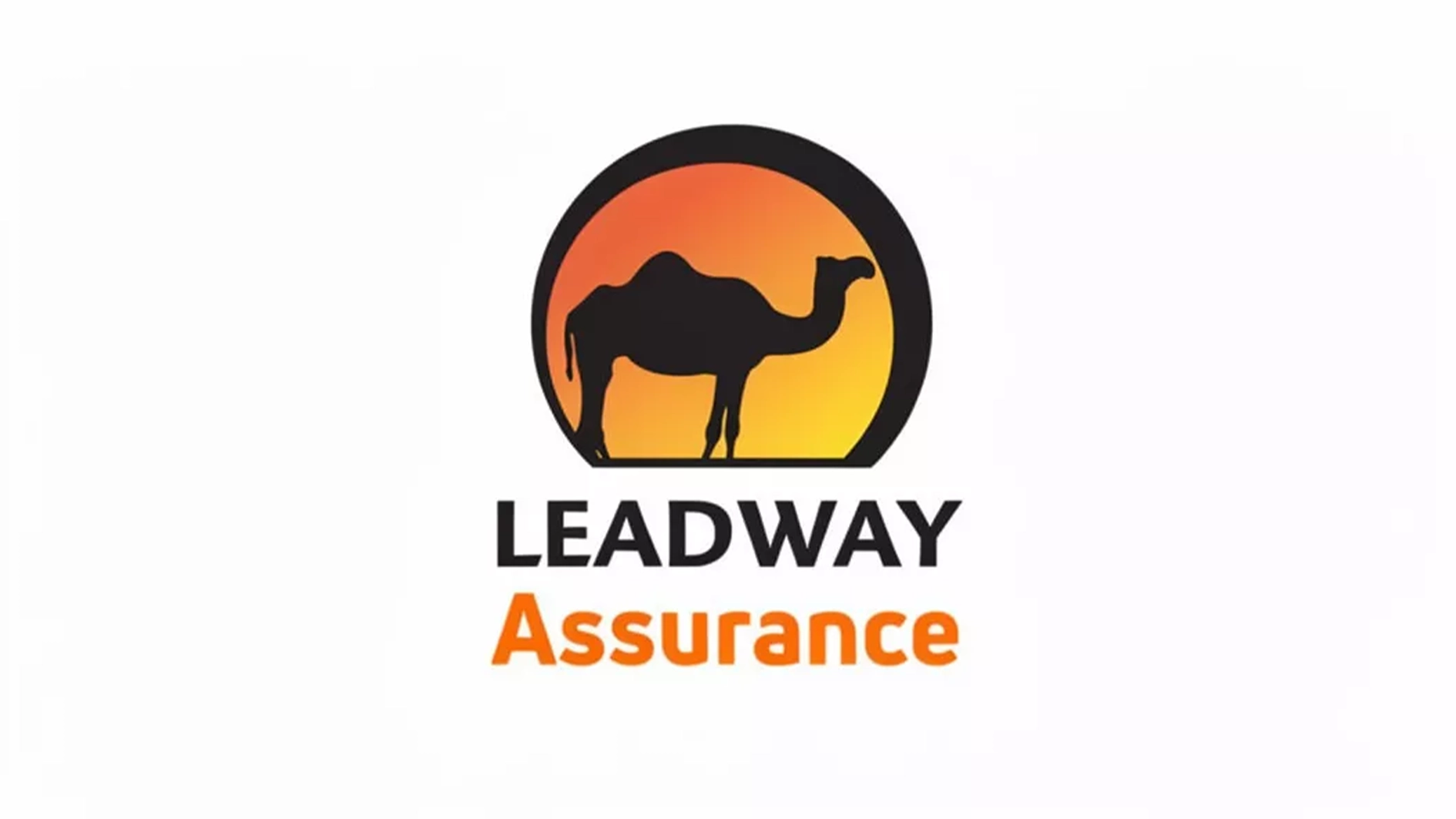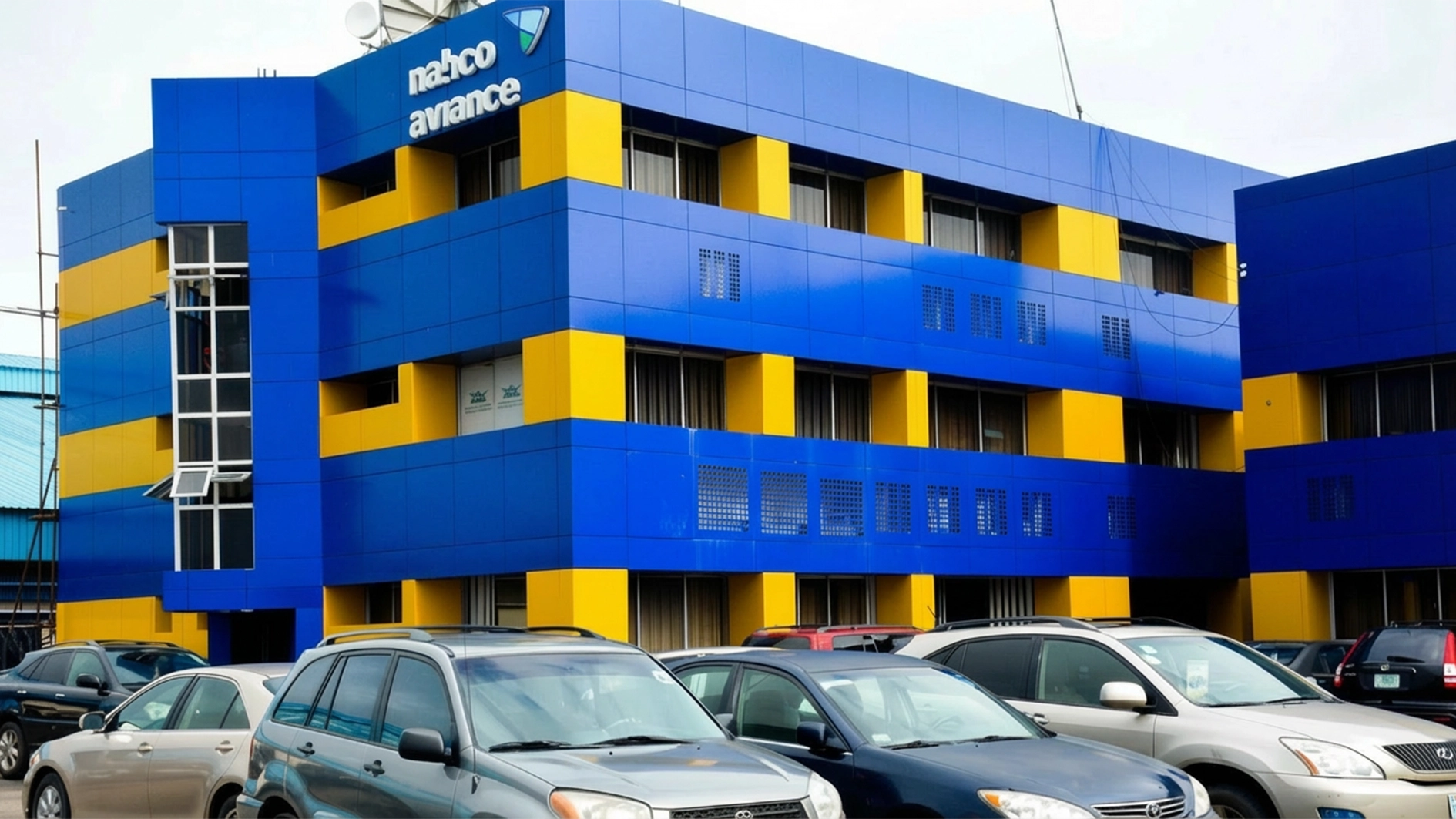•Start date yet to be determined, Edun, says Oyedele
Despite the provision for a five per cent petroleum tax intended for road maintenance, there is currently no immediate plan for its implementation, according to the Minister of Finance and Coordinating Minister of the Economy, Wale Edun, and Chairman of the Presidential Committee on Fiscal Policy and Tax Reforms, Taiwo Oyedele.
Speaking in Abuja yesterday over vexed matter that has drawn condemnation from the Trade Union Congress (TUC), Edun explained that the inclusion of the five per cent tax into the new tax law is for the purpose of harmonising the existing provisions into a single transparent framework for clarity and ease of compliance.
The provision is presently harboured in the Federal Road Maintenance Agency (FERMA).
He stated: “Why does this 2007 speculation appear in the new Act? First the Nigerian Tax Act Administration Act 2026 as it would be or 2025 when it was passed did not create a new surcharge. It simply restated and harmonized the existing provisions into a single transparent framework of clarity and ease of compliance and I think it’s important to make (2:54) this distinction. The inclusion of the surcharge in the 2025 Nigerian Tax Administration Act does not mean an automatic introduction of new tax.
“It does not mean fresh taxation automatically. Now the Nigerian Tax Administration Act which was signed into law by Mr President in June represents Nigeria’s most comprehensive tax reform in decades as we know it’s a set of four bills overall. It is a major milestone in our efforts to modernize our tax administration and improve revenue mobilization while protecting citizens from excess burdens.”
Edun, who insisted that the five per cent surcharge is not a new tax, assured that the Federal Government will not take decisions that will overburden Nigerians.
Oyedele said contrary to the speculation that the five per cent fuel tax recently proposed by the Federal Government will take effect from January 1, 2026, there are no indications that this would happen.
Oyedele, who was speaking on Channels Television’s The Morning Brief, yesterday, said a decision was made to put the five per cent fuel surcharge in the new law and pick a commencement date that is going to be in the future, based on an order to be gazetted by the minister.
“So, nobody will just spontaneously introduce the tax and create problems in the system,” Oyedele said.
Since the announcement, many Nigerians, as well as labour unions, have raised objections, describing it as “one tax too many”.
They are particularly opposed to such a tax at a time the country is grappling with an inflation rate of 21.88 per cent.
Oyedele said before the tax laws were enacted, there was an attempt by the Federal Road Maintenance Agency (FERMA) to collect a five per cent fuel tax.
“I can tell you that before these tax laws were enacted and shortly after it was signed, there was already an attempt by FERMA to even collect the tax and we had to say to them, ‘you can’t collect it because the new law says you are not the one to collect it’. Commencement will not happen till the minister says so.
“There is nothing that says this tax will start 1st January 2026. People need to get that right,” the tax expert said.
Oyedele, who had earlier said the five per cent fuel tax is not new, but introduced in 2007, said it was wrong for the TUC to threaten to go on strike if the decision was not reversed.
“The surcharge was introduced by a previous government and not the administration of President Bola Tinubu.
“TUC, which is planning to go on strike to say it should be removed, I don’t know what they want the government to remove, because it has not been imposed. And no regulation says it would be imposed from January.
“The TUC should have complained and protested when this was introduced in 2007,” he said.
On concerns about inflation, he noted that the real economic burden comes from poor road networks and illegal taxes imposed on transportation.
He said Nigeria has about 200,000 kilometres of roads, with only 60,000 paved, making logistics costly, unsafe and inefficient.
According to him, the surcharge will help the government with funds to maintain the roads. He asked for patience from the Nigerians, insisting that the reform initiatives of the Tinubu administration would yield results.
The new tax is one of the current administration’s series of reforms aimed at boosting revenue to finance development.
The government says the new tax will mobilise funds for critical infrastructure, a sector deemed essential for national development.
The Nigeria Tax Administration Act already provides for such a tax. According to the plan, it would be “calculated based on the retail price of fuel and diesel” and applied to all taxable fossil fuels supplied or produced in Nigeria. It will be collected at the point of supply or sale.
However, Kerosene, liquefied petroleum gas (LPG), compressed natural gas (CNG) and renewable energy sources are exempted.






